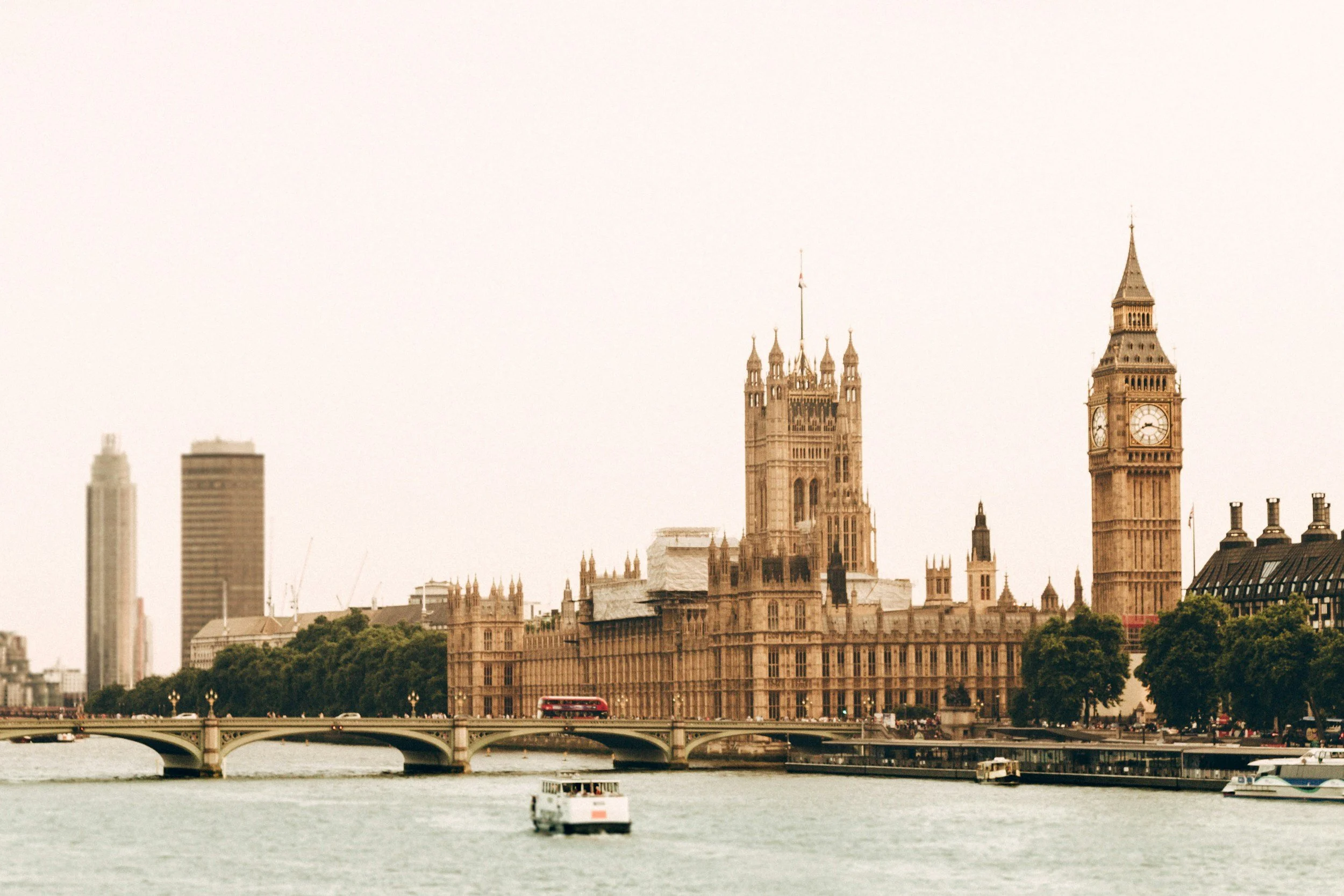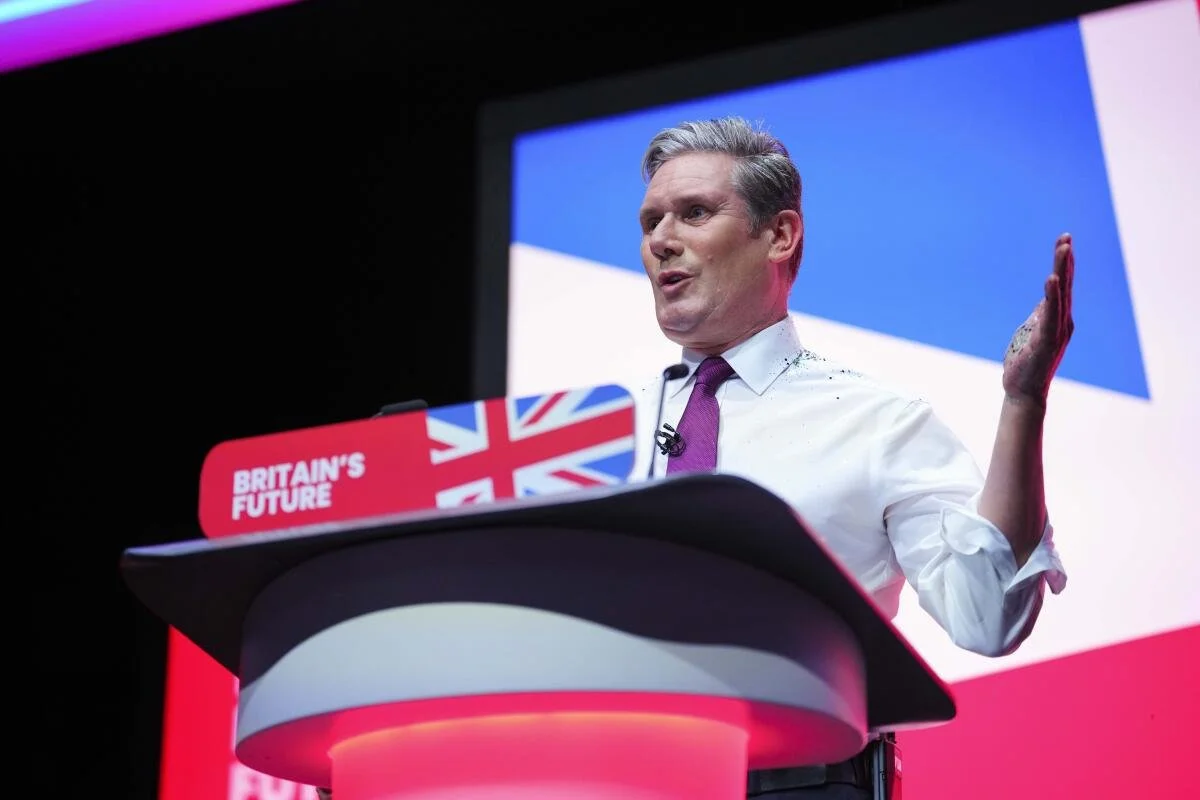
Insight
Reshuffle ripples: How Labour’s latest moves could shape government and the party
By Anna Yearley OBE,
Senior Counsel
When the Prime Minister announced phase two of his government last Monday did he imagine that by the end of that week he would be undertaking a wide ranging reshuffle after having to lose his Deputy Prime Minister, Deputy Leader and Secretary of State for Housing, Communities and Local Government? Possibly. What is clear is that a reshuffle this big must have required significant planning and thought even if it did happen sooner than he had planned and for reasons he would never have wished for.
Angela Rayner’s departure is pretty devastating for the government. A popular politician who for many provided a vital link to the Labour Party’s working class roots, Angela also leaves a legacy of trying to make the system fairer for renters and significantly improving the rights of workers. She may however now be looking on concerned that the government might consider watering down the Employment Rights Bill with the sacking of the minister responsible for taking the legislation through, Justin Madders, and with her own personal driving force out of the picture. There is much sadness on the Labour benches to have lost Angela and the Labour government is in many ways a poorer place for her departure.
The big winner from the reshuffle is Shabana Mahmood. Widely seen as having been a highly effective Justice Secretary getting a grip on sentencing guidelines and the burgeoning prison population, Number 10 will hope she can now turn her focus to tackling small boats and illegal immigration. She’s already announced some eye catching measures such as closing asylum hotels and housing migrants in army barracks which I am sure is taste of the direction to come. Shabana is already being touted as a possible replacement for the Prime Minster when that time comes.
It is also clear that despite suffering a humiliating defeat on Welfare legislation earlier this year the government will try again. Pat McFadden leads an enhanced DWP which now includes skills and is focused on growth. Pat is one of the most experienced and able politicians in government and it seems likely he will be working with the new Chief Whip, the former Business Secretary, to make the Labour case for reform of our bloated welfare system to a Parliamentary Labour Party who so far haven’t been convinced.

When Number 10 announced they were conducting a reshuffle they quickly briefed that the only Cabinet Minister that was safe in their role was the Chancellor. It’s clear that this is a PM and Chancellor who are in lock step and whose political futures are closely aligned. There has been much criticism from Labour’s backbenchers that Number 10 seem disinterested in economic policy and cede all decisions next door. With the appointment of a new economic adviser, a new Principal Private Secretary poached from HMT and the appointment of former Chief Secretary to the Treasury Darren Jones as the PM’s enforcer in chief we are seeing a response to that. Let’s see how much impact Number 10 has on the budget as the Chancellor desperately tries to fill the black hole in November.
It’s also worth mentioning Peter Kyle’s appointment as Business and Trade Secretary. Whilst many on the Labour benches and in the unions are concerned they will see a watering down of Angela Rayner’s flagship Employment Rights Bill, the government see this appointment as key to their number one mission of mustering economic growth. Business will be watching eagerly to see if Peter can meaningfully engage with them and tackle the issues that are hampering economic growth in the UK. Joining Peter at DBT are a collection of new Ministers to the department, Chris Bryant, Michael Shanks (jointly with DESNEZ), Blair McDougall, Kate Dearden and Jason Stockwood. They, along with the huge number of new ministers in other departments (not to mention the switching of cabinet portfolios with fourteen changes in Cabinet alone) will have little time to master their briefs ahead of Party Conference at the end of September and get up to speed with the difficult decisions their departments face.
There are some interesting moves on the junior benches. Many of the new intake have been rewarded for their loyalty with the PM having long felt that much of the talent of the Parliamentary party resides in the 2024 intake. Emma Reynolds has been promoted to DEFRA secretary and there is much speculation this is to support the Chancellor in watering down environmental protections in planning regulations to get Britain building again. Georgia Gould now takes on the controversial mantle of reforming Special Educational Needs Policy and former soldier Mike Tapp’s appointment at the Home Office will raise some eyebrows from colleagues on the soft left concerned about the direction of travel and language used about asylum seekers. For others they will see this as the government getting a grip on the rising numbers of illegal immigrants entering Britain.
With Angela's departure as Deputy Leader, the Labour Party now embarks on an internal election to find her successor. This comes at the worst possible time when the government desperately needs to be looking outward to the country. Number 10 will want the election to be quick and painless. The hunt will be on for a candidate who can unify the party and who won't be a thorn in the side of the leadership, but this has the potential to be a headache. There is nothing the Labour Party loves more than an internal row, and many will want to use this as an opportunity to remind the Prime Minister of his soft left credentials. This election has the potential to expose the traditional fault lines in Labour and Number 10 will be looking for a Northern woman from the soft left who can command the support of the 80 MPs necessary to get on the ballot paper whilst trying to stop a more left-wing candidate gain any momentum.
Reshuffles are never easy. Having sat through many hours of them over the years, it’s inevitable that you make enemies of those you sack and disappoint some colleagues who were sitting by their phones waiting for 'No Caller ID' to appear on their screens. This is especially so given the numbers of 2024 intake who have been promoted. The trick is to treat people with dignity and make them feel they still have a future and they are not written off. Whether the Prime Minister and his team did that this week remains to be seen. The new Chief Whip, Jonny Reynolds, will have a big job on his hands to soothe a fractured parliamentary party.









